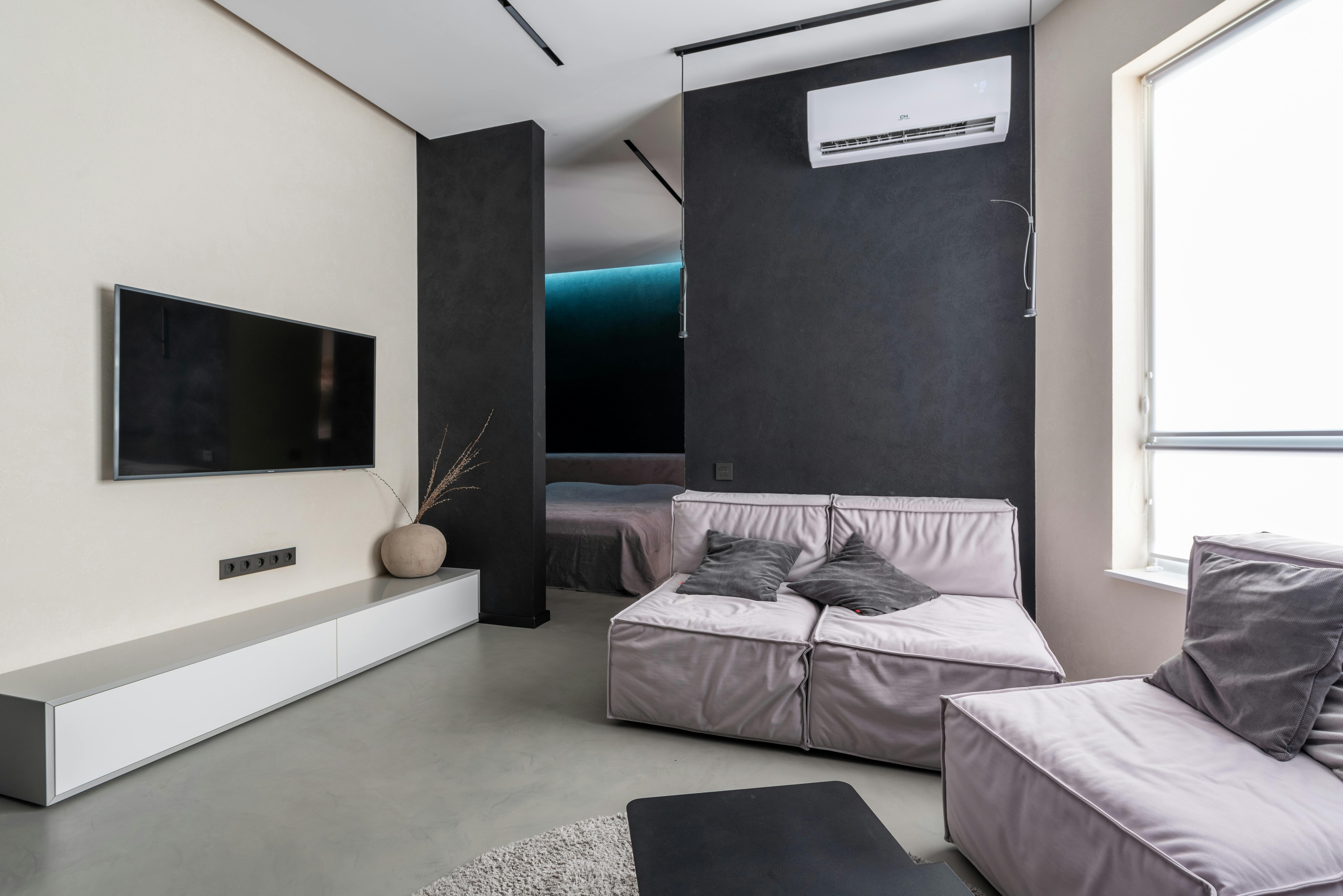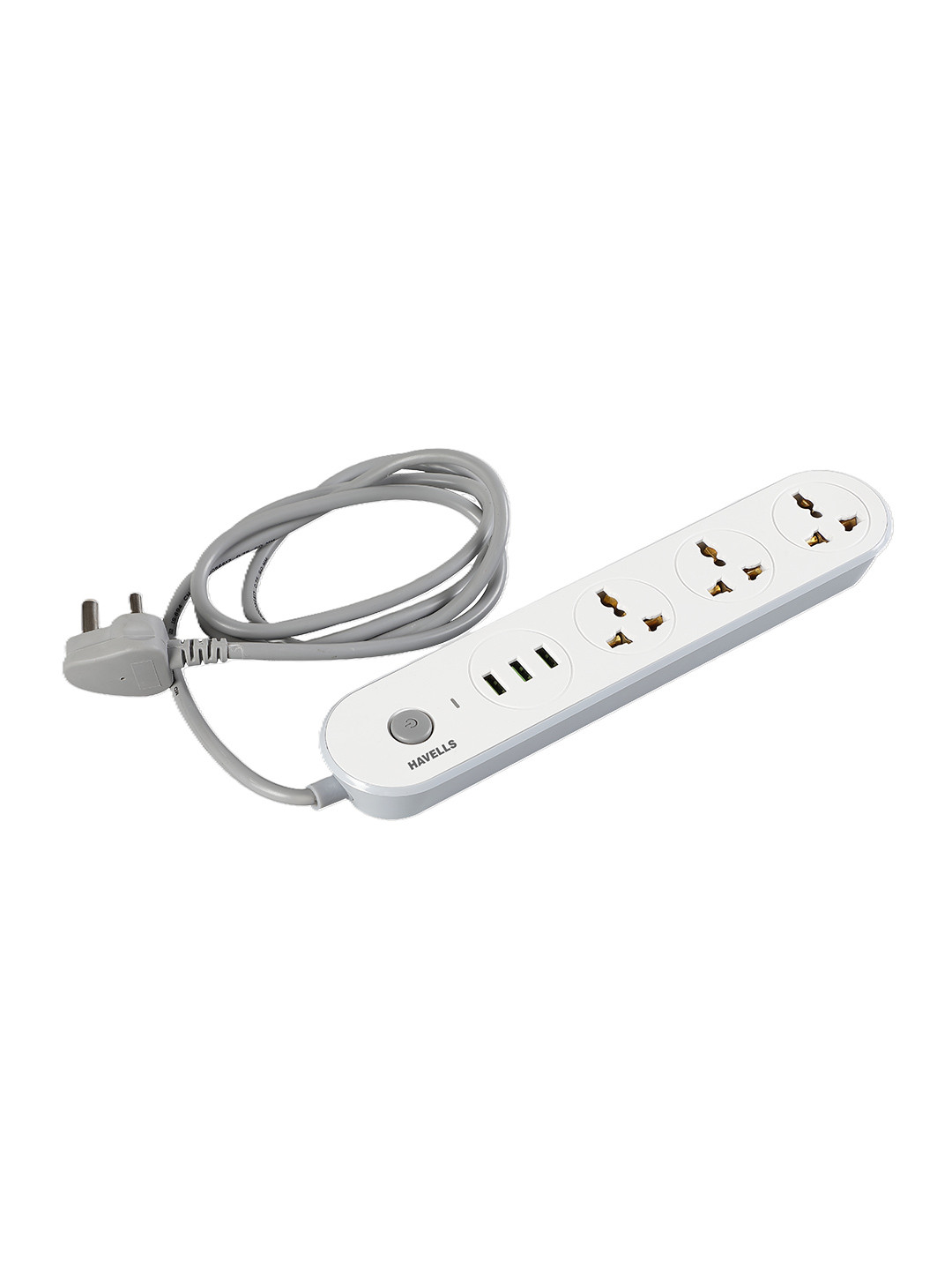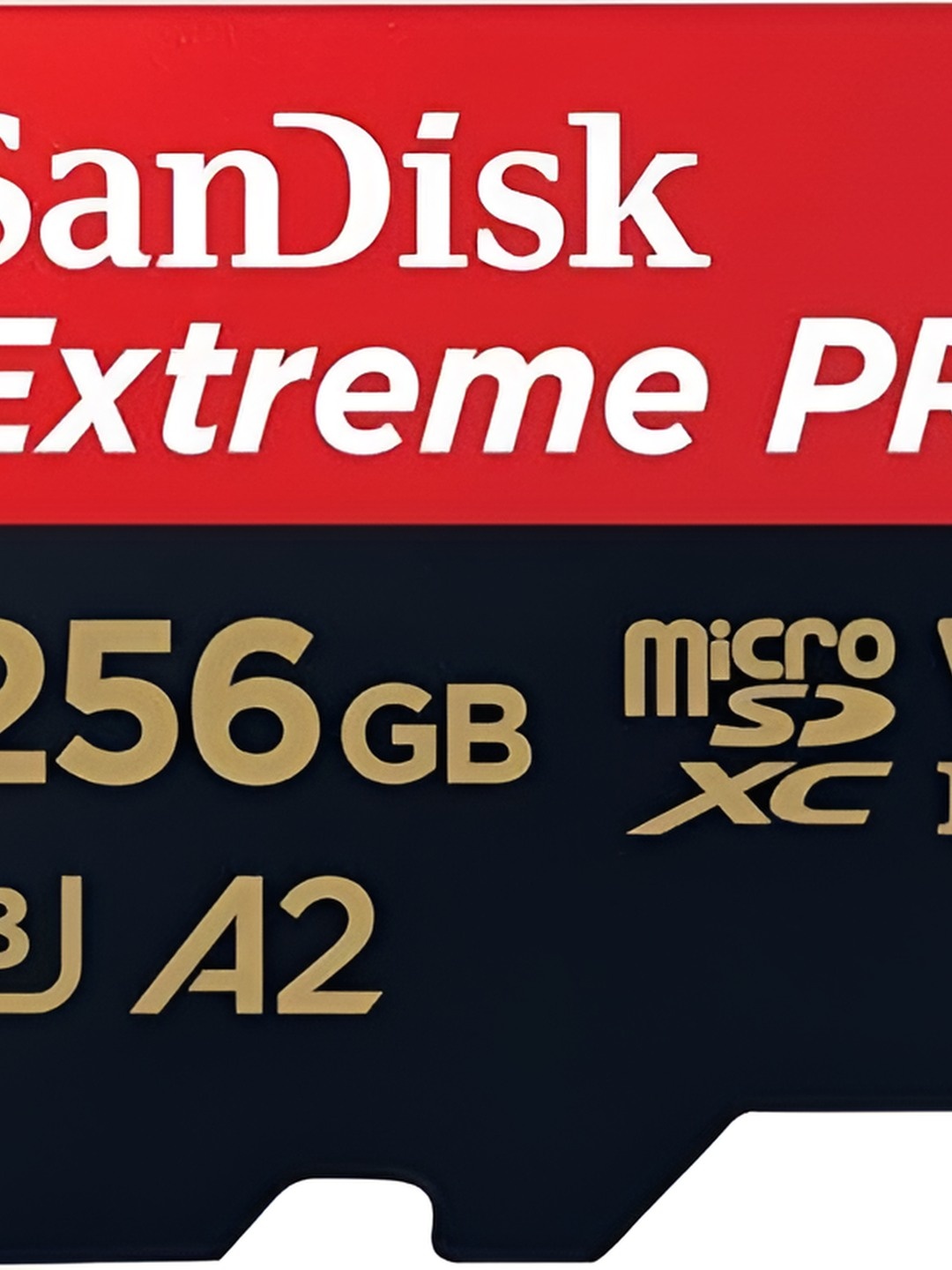Buyer's Guide: Know How To Choose The Right Air Conditioner And Check The Top 10 Deals On Flipkart
When the heat of the Indian summer is unbearable, theres nothing more comforting than a cool, refreshing breeze from an air conditioner. This guide will break down the essential features you need to consider. Our buyer's guide also lists the top 10 deals on Flipkart including fromMarQ, Lloyd, Godrej, Daikin, LG, IFB, Voltas.

Tips For Selecting The Perfect Air Conditioner And Top Deals On Flipkart
When summer rolls around in India, temperatures soar across the country, from the bustling streets of Delhi to the coastal towns of Kerala. The relentless heat can quickly turn any home into a sauna, leaving us all scrambling for relief. Enter the air conditioner (AC), a hero in the sweltering heat. But with such a vast range of options available, choosing the right one can often feel like navigating a maze. Whether you're upgrading from an old model or buying an AC for the first time, it's essential to get the perfect fit for your home. And this is not just about cooling; it's about energy efficiency, durability, and the comfort of your living space. In this guide, we'll explore the key features you need to consider when choosing an air conditioner. Our buyer's guide also lists the top 10 deals on Flipkart including from MarQ, Lloyd, Godrej, Daikin, LG, IFB, Voltas.
1. Cooling Capacity: Size Does Matter
When it comes to selecting an air conditioner, the cooling capacity is paramount. But, what does that really mean? Cooling capacity is measured in British Thermal Units (BTUs) or sometimes in tonnes. In simpler terms, this refers to how much heat the AC can remove from a room in an hour.
Now, don't get confused! A higher BTU or tonne doesn't always mean a better choice for your home. If you choose an AC with too high a capacity, it may cool the room too quickly and result in unnecessary energy consumption. Conversely, an AC with a lower capacity will struggle to cool a large room effectively, leading to constant running, which can be equally costly in terms of electricity bills.
So, how do you find the right size? For a small room (up to 100 sq. ft.), a 0.75 to 1-tonne AC is ideal. For medium-sized rooms (100–150 sq. ft.), a 1.5-tonne model is more appropriate. Larger rooms will require a 2-tonne unit or even more, depending on the space. Keep in mind that factors like room insulation and sunlight exposure also play a role in determining the exact cooling requirement.
2. Energy Efficiency: Save Your Wallet And the Planet
One of the most important things to consider when buying an AC is energy efficiency. ACs can be hefty contributors to your electricity bill, and in a country like India where power cuts are often coupled with soaring energy costs, making an energy-efficient choice is crucial.
The star rating system for air conditioners is an easy way to compare efficiency. The higher the star rating, the better the energy efficiency. ACs are typically available in ratings ranging from 1 to 5 stars, with 5 being the best. A 5-star rated AC consumes less power while providing the same cooling capacity as a lower-rated model.
In India, the BEE (Bureau of Energy Efficiency) label helps consumers identify energy-efficient products. While a higher-rated model might cost more upfront, it can save you money in the long run by reducing energy consumption, making it a wise investment. Plus, with the country's growing environmental concerns, opting for an energy-efficient model means you're doing your bit for the planet as well.
3. Split vs. Window AC: What's the Best Option?
When selecting an air conditioner, you'll have to decide between a window AC or a split AC. This choice largely depends on the type of space you're dealing with and your aesthetic preferences.
Window ACs are compact, cost-effective, and relatively easy to install. They're perfect for smaller rooms or when you're looking for a more budget-friendly option. However, they can be noisy, and their bulky design may not blend well with every room decor.
On the other hand, split ACs come with two units, one indoor and one outdoor, making them a bit pricier. They're quieter, more aesthetically pleasing, and work well in larger rooms. The installation process is a bit more involved, but the sleek, unobtrusive design and quieter operation make them worth the effort.
In a nutshell, if you have a small room and want an affordable solution, a window AC may be your best bet. For a larger room or if you prefer a quieter and more stylish option, go for a split AC.
4. Inverter Technology: The Modern Game-Changer
When you think of an air conditioner, you probably picture it running at full blast to cool your room as quickly as possible. However, this on/off method can lead to significant energy consumption. Enter inverter technology, a game-changer in the world of air conditioners.
Inverter ACs adjust the compressor's speed depending on the room's cooling needs, meaning they don't constantly turn on and off. This leads to more consistent cooling and much lower energy consumption. Essentially, your AC becomes smarter, adjusting its operation to meet the exact requirements of your home, and as a result, you save more on electricity bills.
It may come at a higher initial cost, but over time, the savings in energy and the increased durability of the unit make it an excellent choice for the long haul. If you're looking for a blend of performance and energy savings, inverter technology is the way forward.
5. Air Filtration and Hygiene: Breathe Easy
In a country where pollution levels often reach alarming heights, choosing an air conditioner with superior air filtration is more important than ever. Modern ACs come equipped with a variety of filters that purify the air while cooling your home. These filters trap dust, pollen, and even harmful bacteria, ensuring that the air you breathe is clean and fresh.
Some ACs come with HEPA filters, which are particularly effective at removing fine particles from the air, making them a great choice for people with respiratory issues or allergies. Activated carbon filters are also useful for removing odours and improving air quality. In urban areas where air quality can often be compromised, a good filter can significantly enhance the living experience, providing both cooling and a cleaner atmosphere.
Before buying an AC, make sure to check the type of filter it has and whether it's easily replaceable, as regular maintenance is key to ensuring good air quality.
6. Noise Levels: Peaceful Sleep, Anyone?
Anyone who has spent a sleepless night tossing and turning due to the noise of a noisy air conditioner knows how crucial sound levels are. The last thing you want in your home is an AC that disrupts your peace with a loud hum or whirring sound.
The noise level of an air conditioner is measured in decibels (dB). A typical AC may produce noise ranging from 50-65 dB. If you're planning to place your AC in the bedroom or a quiet space, look for models that advertise lower noise levels, typically under 50 dB. A quiet AC will ensure you get a restful night's sleep without disturbance.
If you can, try to test the sound of the unit before buying it, or check customer reviews online to gauge how noisy or quiet the model is in real-world use. After all, you don't want to be battling both the heat and the noise every night.
7. Smart Features: A Tech-Savvy Cool Companion
In today's tech-driven world, even air conditioners have embraced smart technology. Imagine being able to control your AC from your smartphone or through a voice assistant like Alexa or Google Assistant. These smart features allow you to adjust the temperature, set schedules, and monitor energy consumption, all from the comfort of your couch or even when you're away from home.
Additionally, some smart ACs come with auto-sensing technology that adjusts the cooling based on the room's temperature, humidity, or even the number of people in the room. This makes them more energy-efficient and adds an extra layer of convenience.
Smart ACs may come at a premium, but if you love technology and crave the convenience of controlling your home's climate remotely, this could be a great addition to your home.
Also Read: How To Get The Most Out Of Your AC: Maintenance Tips To Boost Efficiency
8. Budget: Finding the Right Balance
When it comes to purchasing an air conditioner, your budget plays a significant role in the decision-making process. While it might be tempting to splurge on the latest model with all the bells and whistles, it's essential to balance your needs with your budget.
If you're looking for something basic for a small room, a window AC with a 3-star rating will likely suffice. However, for larger spaces or if you want more energy efficiency, a split AC with inverter technology may be a better fit, though it will cost you more upfront.
Also, don't forget to factor in installation costs, maintenance, and future electricity bills. Make sure you're choosing an AC that fits your needs without breaking the bank. In the end, investing a little more now in an energy-efficient, long-lasting model could save you money in the long run.
Products On Flipkart Related To This Article
1. MarQ by Flipkart 2025 1 Ton 3 Star Split Inverter 5-in-1 Convertible with Turbo Cool Technology AC
2. Lloyd 1.5 Ton 3 Star Split Inverter AC
3. Godrej 5-In-1-Convertible Cooling 2025 Model 1 Ton 3 Star Split Inverter With Heavy Duty Cooling At Extreme Temperature AC
4. Daikin 2024 Model 1.5 Ton 3 Star Split Inverter AC with PM 2.5 Filter
5. MarQ by Flipkart 2025 2 Ton 3 Star Split Inverter 5-in-1 Convertible with Turbo Cool Technology AC
6. LG 2025 Model AI Convertible 6-in-1 Split 1.5 Ton 5 Star Split AI Dual Inverter with Faster Cooling and Energy Saving
7. IFB 2025 Model Silver Plus Series 1.5 Ton 3 Star Split Inverter with HD Compressor
8. Voltas 2024 Model 1.5 Ton 5 Star Split Inverter AC
9. Panasonic 2025 Model 1.5 Ton 3 Star Split Inverter AC with Wi-fi Connect
10. SAMSUNG 2025 Model Bespoke AI, 5 Step Convertible 1.5 Ton 5 Star Split Inverter with Powerful cooling & Energy saving
Choosing the right air conditioner for your home doesn't have to be a stressful process. By considering factors like cooling capacity, energy efficiency, type of AC, smart features, and your budget, you can make an informed decision that suits your needs and lifestyle.
Remember, the ideal AC isn't necessarily the most expensive or the most feature-packed, but the one that best fits your space, your cooling needs, and your budget. Keep these key features in mind, and you'll be well on your way to enjoying a cool, comfortable home even in the peak of summer. So, go ahead, make that cool choice, and beat the heat in style!
Disclaimer: The images used in this article are for illustration purpose only. They may not be an exact representation of the products, categories and brands listed in this article.




























